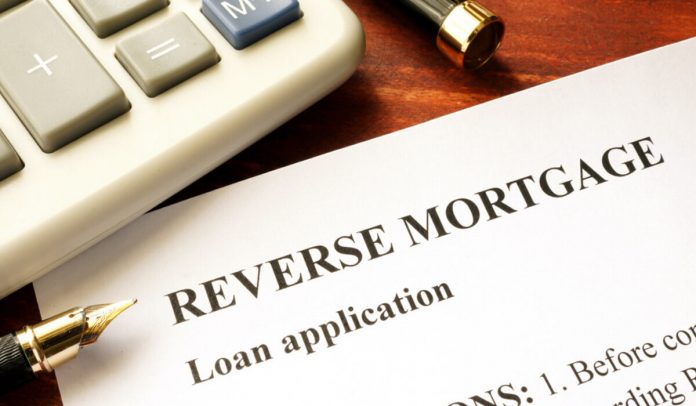Reverse mortgages have a high interest rate, but they are not always unaffordable. If you are currently paying on your mortgage, you should consider applying for a reverse mortgage. Reverse mortgages do not conflict with Medicare and social security benefits. Before closing on your reverse mortgage, it’s important to confirm your eligibility. Reverse loans may also have an impact on Medicaid and other government programs.
Another disadvantage of reverse mortgages is that the income that you receive is not taxable. This is especially true if you’re in your retirement years. The income received from reverse mortgages isn’t taxable. That means that your Social Security and Medicare benefits will not be affected. Besides, you won’t be able to deduct your interest until you pay off your loan. If you’re unsure, you’ll want to consult a tax expert.
Another drawback of reverse mortgages is that you don’t have control over the payout. You can use the money however you want. You can use it for whatever you want – it’s your money. If you want to raise your standard of living, you can take the money and spend it as you see fit. The funds can be used to buy a vacation home, embark on a world tour, or establish a line of credit for emergencies.
Reverse mortgages can be advantageous for many homeowners. While not suitable for everyone, they can be a good option for those who plan to stay in their home for the rest of their lives. These mortgages are ideal for older homeowners who have enough funds to continue living in their home. It’s important to note that FHA requires that homeowners be 62 years old or older. Those who are younger may find a more flexible solution for their financial needs.
While reverse mortgages are not a good option for everyone, it’s an excellent option for some people. Reverse mortgages are a great way to increase your equity and save money, but the downsides aren’t worth avoiding. The pros of a reverse mortgage are more than just financial benefits. In fact, reverse mortgages are a great solution for the right homeowner. The biggest drawback is the requirement for counseling. It’s not for everyone!
Reverse mortgages can be beneficial for those who have no income. Although a reverse mortgage is often expensive, you can access the funds from your property when you need them. In this way, you can take advantage of your equity without having to pay any monthly payments. You can use the money to make repairs, upgrade your home or pay off your existing mortgage. You can also use the money for other purposes, such as paying bills. You don’t have to worry about the costs.
One of the most important Reverse Mortgage Pros & Cons is the fact that the proceeds of a reverse mortgage are not a transfer of ownership of the property. Reverse mortgages allow you to keep your home and enjoy the monetary benefits. If you sell your home, the proceeds will be returned to you. If you’re still paying monthly payments, you can use the money to pay off the remaining balance of the loan.
Reverse mortgages are not an ideal solution for all households. Reverse mortgages are expensive and require upfront financed origination fees. These costs are not usually paid by the homeowner. They are often paid by the lender and are not paid out of pocket. This is a major drawback for those who don’t want to incur such expenses. But in many cases, the Reverse Mortgage is a good option for some homeowners.
The Reverse Mortgage Pros & Cons of a Reverse Mortgage: Reverse mortgages may be a good option for retirees who have no assets or need extra cash. Reverse mortgages can help homeowners who are struggling to make ends meet. A Reverse Mortgage is a good solution for struggling retirees. A Reverse Mortgage is an asset that can provide you with cash and financial security.


![Yesmovies Proxy List [Updated 2024] yesmovies](https://sjrestates.com/wp-content/uploads/2024/04/yesmovies-218x150.jpg)



